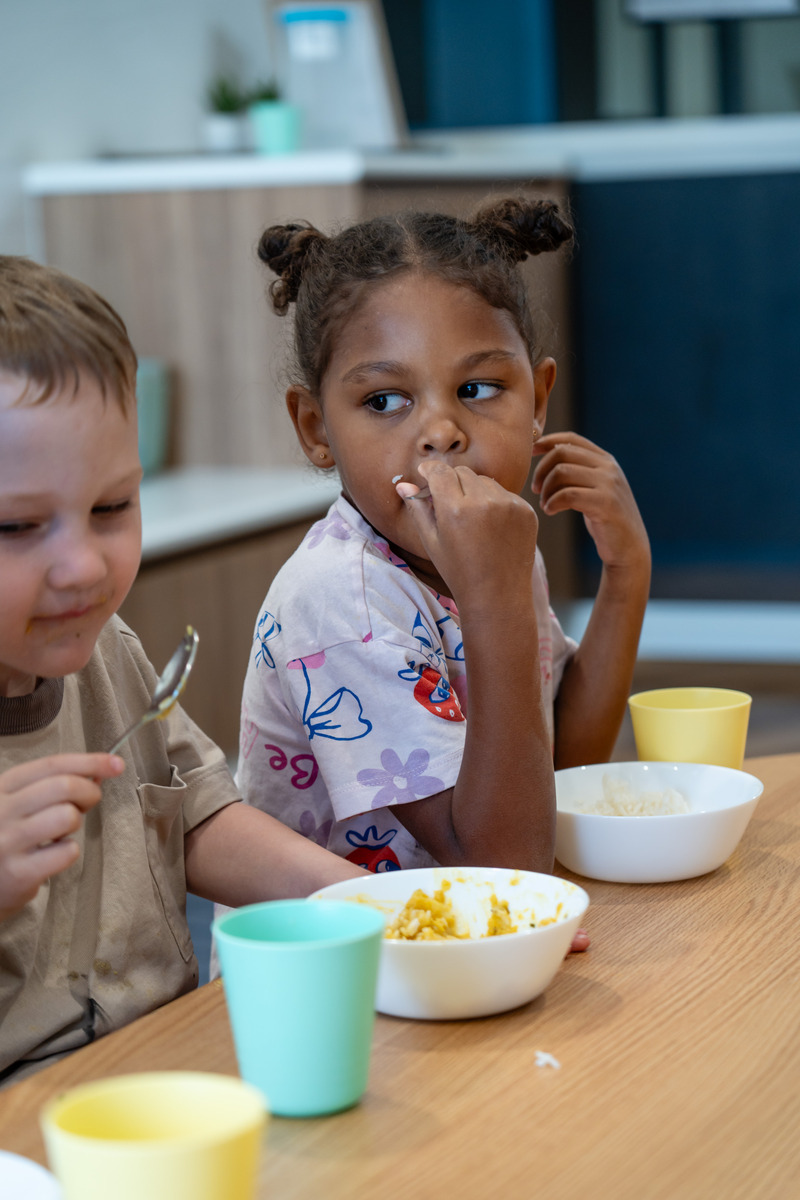
Why Nature Play Matters More Than Ever
Nature play is more than just spending time outdoors. It’s a powerful, hands-on way for children to learn, grow and connect with the world around them. In a time where many children face packed routines and increasing screen time, nature offers balance. It gives children the space to move freely, think creatively, and explore at their own pace.
Whether it’s building a fort from sticks, climbing a log, or watching ants at work, nature play encourages curiosity and develops a deep sense of wonder — all while supporting vital areas of development.
Physical Health and Motor Skills
Outdoor play is essential for building children’s strength, coordination and confidence. Activities like running, climbing, balancing and navigating natural terrain help children:
- Develop gross motor skills and spatial awareness
- Improve cardiovascular health and general fitness
- Learn to assess and manage risk in a safe way
Natural environments encourage movement that’s varied, challenging and engaging -— helping children build resilience as well as physical capability.
Cognitive and Creative Development
Nature play invites children to think differently. Without fixed rules or pre-set outcomes, it encourages open-ended exploration and imagination. In natural settings, a stick might become a magic wand, a building tool, or part of a counting game. This kind of play helps children:
- Solve problems and experiment with new ideas
- Make real-world connections between objects and concepts
- Express themselves creatively through storytelling, construction and role play
It also naturally supports early science, maths and literacy — from observing bugs to counting leaves or describing textures.
Emotional Wellbeing and Regulation
The calming effect of nature is well established. For young children, outdoor environments offer a sensory-rich setting that feels less structured and more freeing than indoor spaces. Nature play can:
- Reduce stress and overstimulation
- Support emotional self-regulation
- Encourage mindfulness, patience and resilience
Many children return from nature-based play more focused and relaxed, with greater emotional readiness for learning and social interaction.
Social Development and Teamwork
Natural play settings promote cooperation and connection. Whether building together or navigating obstacles, children learn to:
- Work collaboratively toward shared goals
- Negotiate, share ideas and solve disagreements
- Develop empathy and leadership skills in group settings
These interactions help lay the foundation for strong social confidence and emotional intelligence.
Building a Connection to the Environment
Nature play supports more than just child development — it also nurtures a lifelong respect for the environment. By engaging with natural materials and observing cycles in nature, children begin to:
- Appreciate living things and ecosystems
- Understand concepts like seasons, weather and growth
- Develop a sense of care and responsibility for the planet
This connection fosters early environmental awareness and encourages sustainable thinking from a young age.
Nature play isn’t just a nice-to-have — it’s a vital part of early childhood. It supports the whole child: body, mind and spirit. By giving children the freedom to move, explore and discover in natural settings, we help them grow into confident, capable and compassionate learners.
Whether it’s in a backyard, park, bushland or purpose-built centre, regular time in nature is one of the most meaningful gifts we can offer young children.








